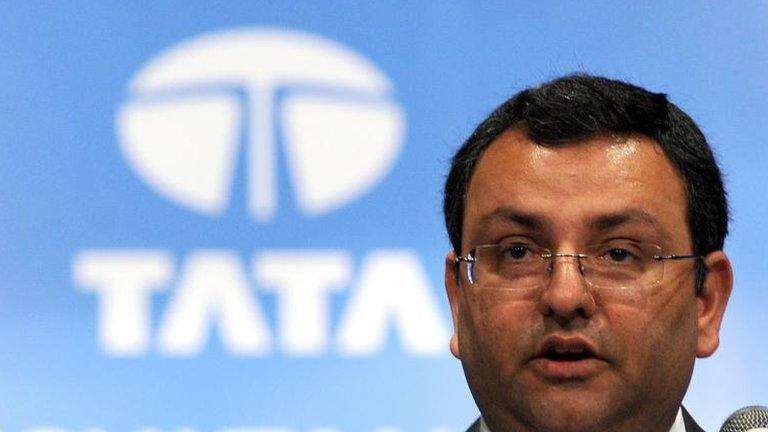How the Tata spat dented India's most trusted brand
- Published
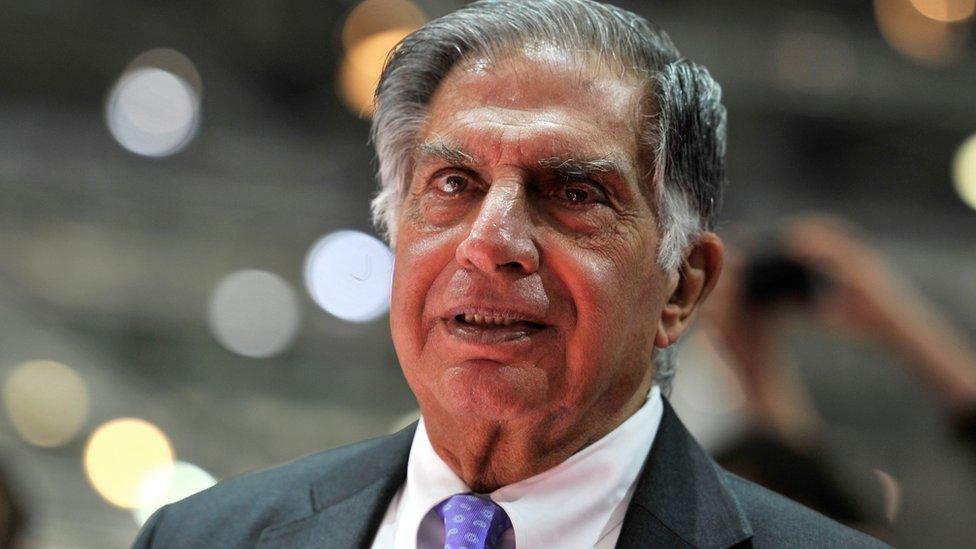
Ratan Tata
It's perhaps India's most ubiquitous brand. So all-encompassing that it would be hard to find a person in this populous country who has not used a Tata product or service.
In half a day, I've used three - the Tata Sky TV service at home, a coffee from Tata Starbucks and a memory card bought from Tata's electronic retail store, Croma.
"Trust", "trustworthy", "reliable", "prestigious" - these are the answers I got when I asked a few people to give me a word that they associated with brand Tata.
So the ugly public spat between the Tata group and its ousted chairman, Cyrus Mistry, is not just an upheaval for the corporate world here. It has shaken the faith of millions of ordinary Indians.
Indian hero
The respect that people feel for the group, to a large extent, comes from the stature of the men who have led the company over the years: from its visionary founder, Jamsetji Tata, to the pioneering JRD Tata who was chairman of the group for more than 50 years and, in recent decades, Ratan Tata, who was behind the firm's global expansion.
Ratan Tata managed to keep his reputation as one of India's most revered business leaders intact, through a time when corruption and crony capitalism had become the hallmarks of corporate India.
Internationally too, Mr Tata was well-known and well-respected.
In 2012, at the age of 75, he retired after serving as chairman of the Tata group for more than 20 years. The day he stepped down, newspapers were full of glowing commentaries about him.
Tata versus Mistry
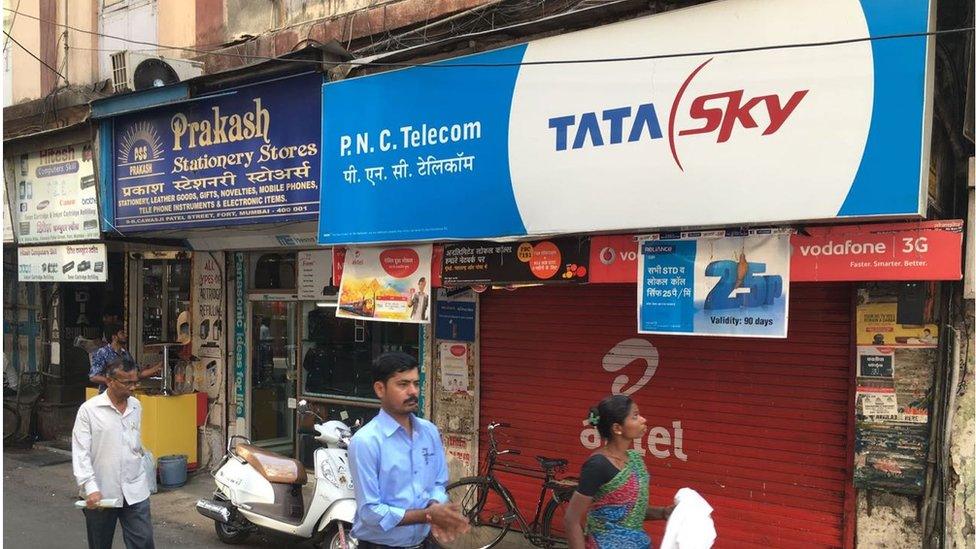
Four years later, the cautious and private man finds himself at the centre of a bitter controversy.
In a letter to the Tata board, sacked chairman Cyrus Mistry accused Mr Tata of interfering in the running of the company and thrusting business decisions on him.
Tata Sons has rejected the claims, saying Mr Mistry was given complete autonomy. But the allegations, along with the fact that Mr Tata is back at the helm of the group, although temporarily, have sowed the seeds of doubt in the minds of many.
"It has dented the reputation of Mr Tata," says Rajiv Kumar from think tank Centre for Policy Research.
"It demonstrates that he wasn't as hands off as he claimed and he took part in decisions or at least tried to influence decisions. It shows that he found it difficult to go away."
"I think the opinion about Ratan Tata was that of a very gentle, compassionate, inclusive person", says T V Mohandas Pai, a businessman and investor. "The abrupt manner in which this has happened, it will make people wary of working with him."
Trial by media
There are others, though, who feel the Tata group had no other choice.
"There is definitely a question mark about some of Mr Tata's decisions and actions," says Kavil Ramachandran, professor at the Indian School of Business.
"But he is the only one who could fix it. No one else on the board commands that kind of respect."
Some are angry at Mr Mistry's conduct.
S Varalakshmi, a former Tata employee and now a university professor, says, "Cyrus Mistry has not shown the kind of dignity you expect from someone associated with the Tata group. This is a professional space. It's not a street corner store. Do you want a trial by media?"
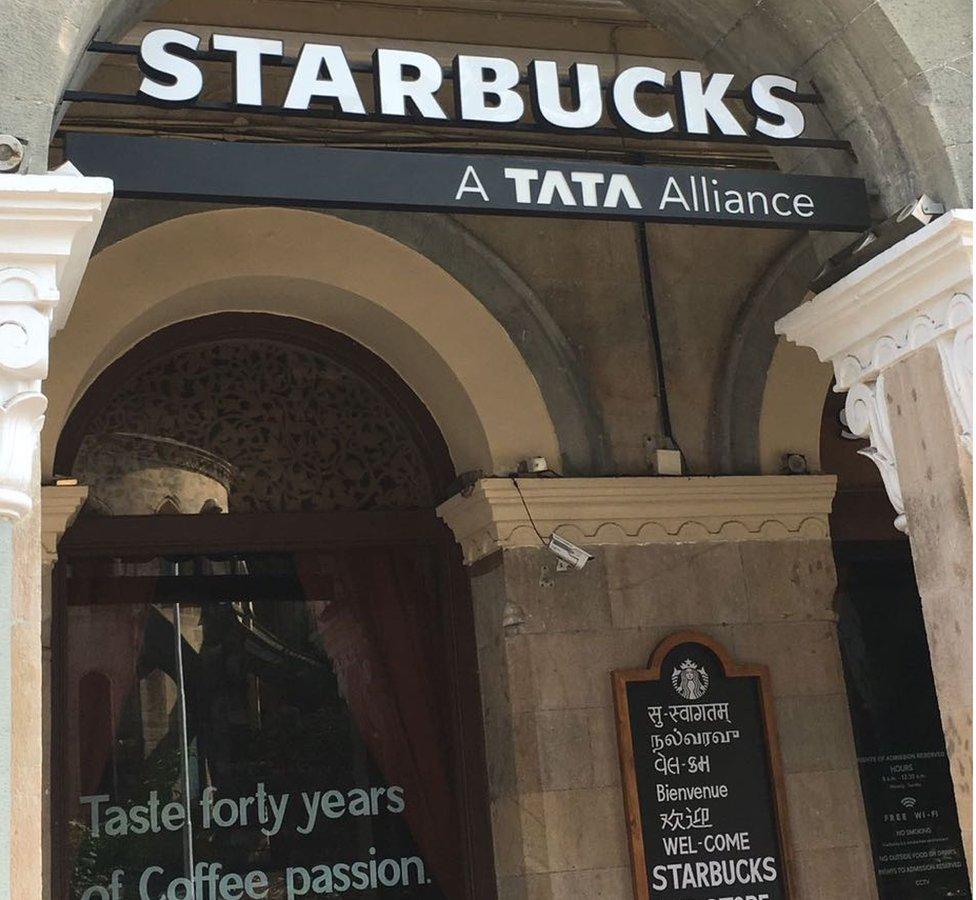
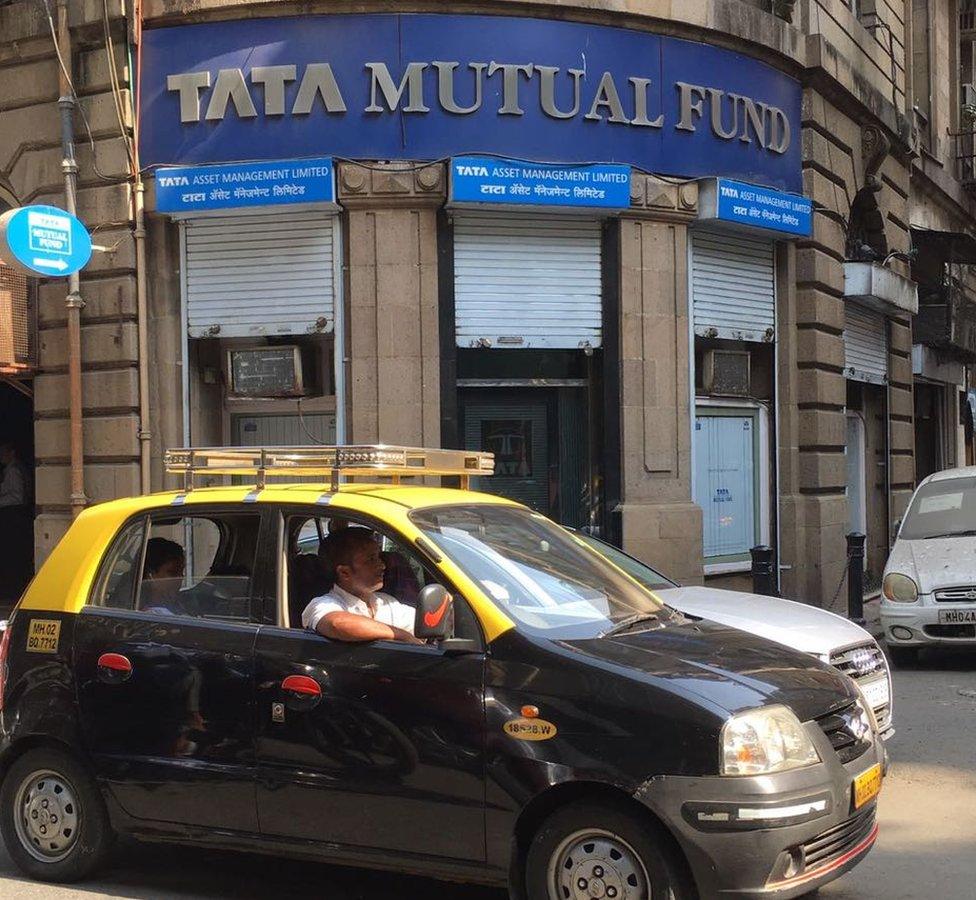
It is unclear how this dispute will play out in the coming days. Both sides have been frantically consulting lawyers. The Tata group has said that Mr Mistry's allegations will be responded to "in an appropriate manner".
This, even as most of the group's companies struggle to make money.
It has certainly left Tata's employees and investors worried but the overwhelming feeling among people is one of sadness, a sense of despondency at watching a name that India feels proud of being dragged through the mud.
"The brand has been built over a period of 150 years, so it's sad," says Mr Kumar.
At the age of 78, Ratan Tata might find himself once again trying to prove his critics wrong.
But the belief in the company seems to remain.
As Ms Varalakshmi puts it, "This too shall pass. The Tata brand is much bigger than the sum total of individuals."
- Published26 October 2016
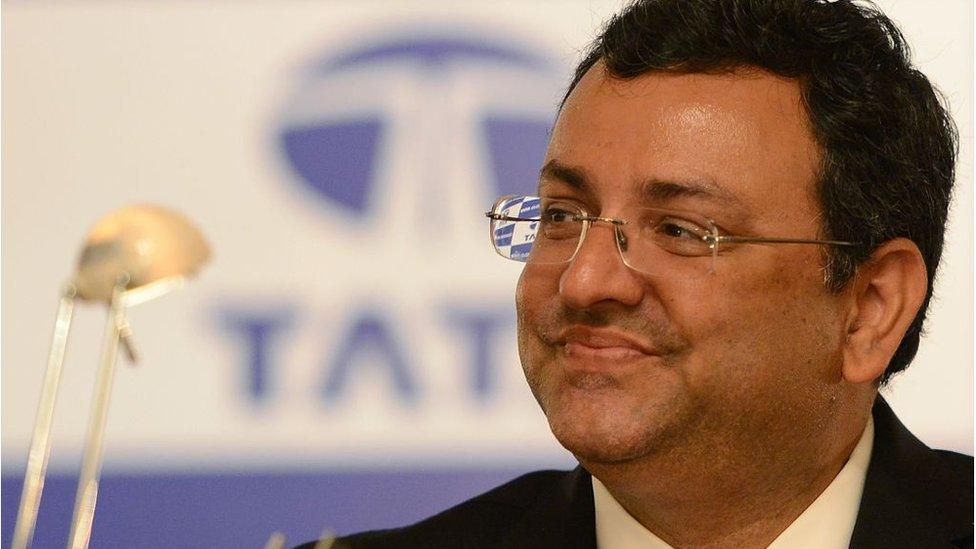
- Published27 October 2016
